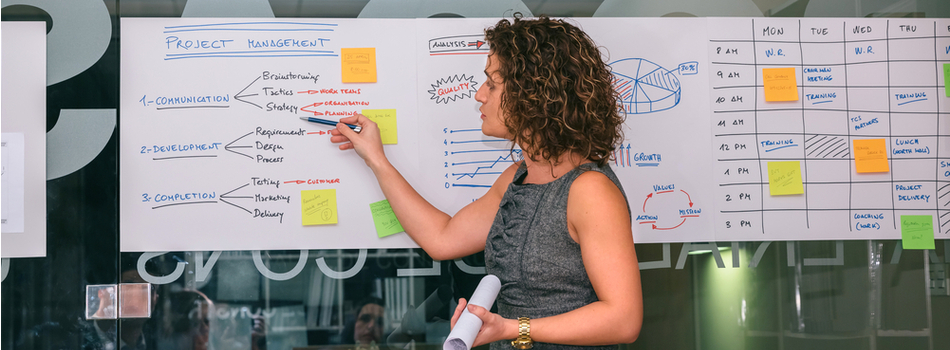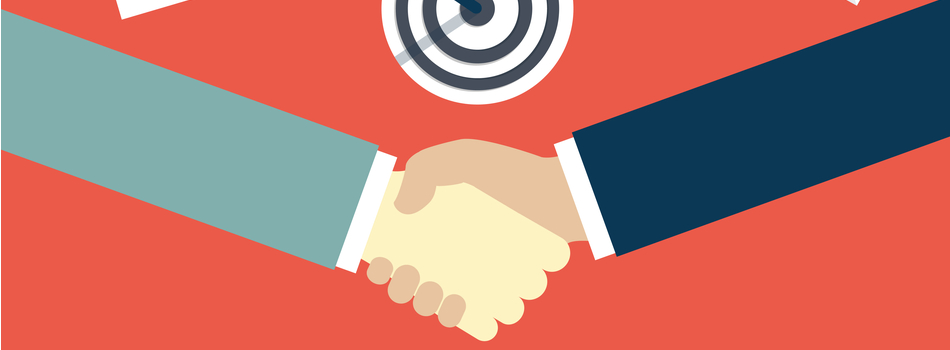We have had a lot of questions concerning the different roles in procurement. Logistics Bureau Commercial Director Trent Morris discusses the various job possibilities, from the top to the bottom.
In this article, based on a video interview with Trent, we will assume that we are looking at a large company with an extensive sourcing team.
How Large Procurement Teams Operate
Typically, a large company would have all or most of the following procurement positions:
1) Chief Procurement Officer
The CPO will lead the sourcing process, develop the organisation’s procurement strategy, identify potential suppliers, conduct negotiations, and manage short and long-term goals. Most importantly, the CPO must have the authority to talk at the right level with the right people.
For this position, the incumbent should have strong leadership skills, be a good negotiator, and possess an agile, analytical mind.
As to be expected, the CPO position requires someone with at least a bachelor’s degree—preferably a masters—in supply chain management, engineering, economics, or finance, as well as 10-15 years’ experience in senior supply chain management.
2) Finance Manager
The finance manager controls the financial input and output of the procurement division.
Her or his tasks include the following:
- Making contracts with suppliers
- Reconciling bank accounts
- Managing staff payments and expense claims
- Assisting with annual budget development
- Overseeing financial planning and cash flow
- Ensuring oversight or tax compliance.
Candidates for this job typically require tertiary qualifications in financial management or accounting as well as two to five years’ accounts and/or procurement experience.
3) Project Procurement Manager
The Project Procurement Manager is responsible for communicating with suppliers concerning the purchase of commodities, equipment, and services.
Qualifications needed typically include a bachelor’s degree in business or engineering and five to ten years’ experience in purchasing.
4) Procurement Analyst
The analyst’s job is to determine which manufacturers and distributors the company should do business with based on price, quality, and speed of delivery.
Analysts are expected to look at large groups of spend to break out the number of suppliers and keep a check on who is spending what with whom.
The usual requirement for this job is a BSc in Business Administration. On-the-job training typically lasts at least a year.
5) Sourcing Team Member
Simply put, the sourcing team is charged with finding out who’s in the market, who can do the work, and at what price.
In some cases, this is an entry-level job but generally, members of the sourcing team are expected to hold a bachelor’s degree in Administration, Logistics, or Supply Chain, and have some experience in the sourcing process.
6) Supplier Relationship Manager
This job entails enhancing relationships with suppliers post-award through the development of supplier strategies and the promotion of supply chain activities between the partners.
Here, too, a bachelor’s degree and a few years of experience are usually the minimum requirements for this job.
Keep Knocking on Doors
If you are serious about getting a job in procurement, my advice is to keep knocking on the doors of the bigger companies as they offer more scope in getting experience at the lower level and working your way higher, studying as you go along.
Procurement and the Supply Chain
To conclude this article, let me ask this question: Is Procurement Part of the Supply Chain?
Some would argue that procurement is not part of the supply chain. I believe it is the beginning of the supply chain. Until you have someone out there buying those raw materials, buying those goods, you don’t have a supply chain.
What do you think? If you have any input to make on this on any other aspect of procurement please feel free to comment below.
And if you haven’t already subscribed to the Supply Chain Secrets YouTube channel, why not do so right away? We post a new video every Wednesday, each one dealing with various aspects of supply chain and logistics, and packed with tips and insights helpful to experts as well as to industry newcomers.







